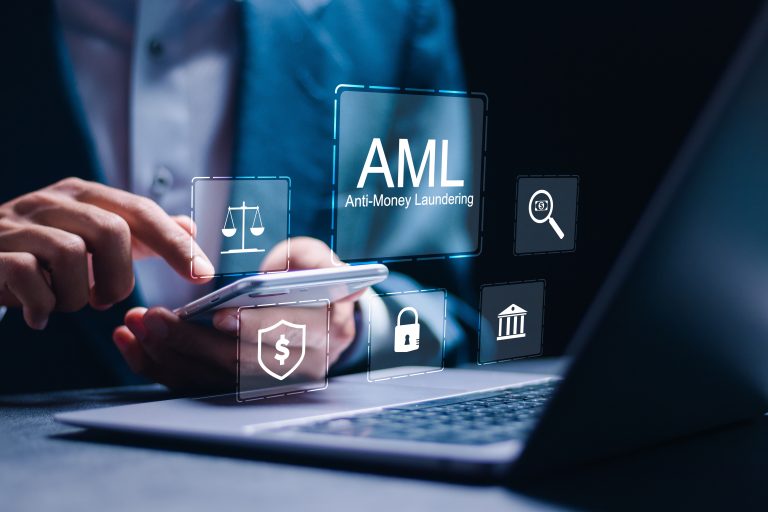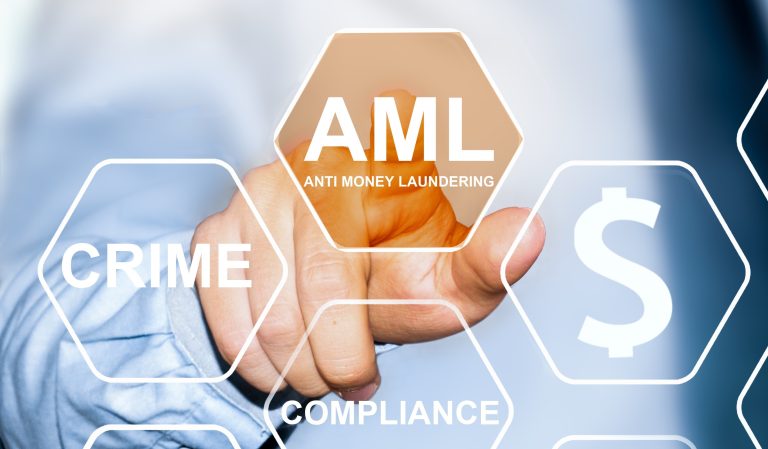As a conveyancer you’re probably receiving a large number of emails from legal tech suppliers promising to make your life easier, keep you compliant and mitigate your firm’s risk. New products are arriving on the market at breakneck speed and the choices can be overwhelming. It might be beneficial to take a breath and think “what exactly do we want to achieve here”.
You may be compelled to adopt digital methods to save time and reduce workload, thus increasing the opportunities to engage with new clients and speed up the average property purchase or sale completion process time.
You may understand that with an increasing number of clients wanting to engage with you remotely and feeling comfortable using mobile devices for their life admin, you need to offer them a more modern, slick and efficient experience. After all, happy clients share their experiences with others and become ambassadors for your firm.
Legislation is changing and the UK Government is encouraging the use of technology to reduce risk and combat the alarmingly increasing occurrence of identity fraud. Pressure is mounting for professional services firms to be made responsible for regularly carrying out – and evidencing – reliable procedures for Anti-Money Laundering (AML) and Know your Client (KYC) checks. Hence, there becomes a need to introduce automation into the equation, especially with the SRA issuing hefty fines for non-compliance and the mountain of work that would be involved in doing things manually.
Here are ten things to consider that will help you with your decision-making when looking for an automated conveyancing solution:
1. Property Information and TR Forms
Automated and digitally controlled forms like Law Society Property Information Questionnaires and TR forms can really help to speed up the interaction with sellers, purchasers and HMLR and have the data contained within the forms returned to your CMS
2. HMLR Safe Harbour Standards
Using an eSignature solution that can provide Qualified Electronic Signatures (QES) means “that if a conveyancer carries out the steps described in the standard, HM Land Registry will not pursue any recourse claim against the conveyancer resulting from the registration of a fraudulent transaction on the grounds that identity checks were inadequate.” It’s the only way of knowing who is behind a signature, which is why QES can be applied to most deeds.
3. eWitnessing
The traditional process can be time consuming and unreliable. However, the latest digital co-located signature authentication technology means that witnessing can be done remotely with complete accuracy.
4. Signer and finalisation sequencing
Hold-ups can occur whilst various parties need to sign a document in a given sequence, or post date a document for the lead solicitor to review before signing off. Conveyancing is one of the most complex practice areas in this regard, so the software solution needs to address your practice’s particular workflow.
5. Third party sharing
Having the ability to share certain documentation and transactional information with third parties (eg. estate agents, mortgage lenders or the purchaser’s/seller’s solicitor) can be a helpful way of streamlining the process. It’s also beneficial to have the option to control privacy and redact some pieces of personal data where required.
6. Compliant/accredited platform
Look for a provider that has the relevant accreditations so that you can be confident your clients’ data is safe and that your firm will meet its compliance obligations. A UK Government approved Identity Service Provider (IDSP), conforming to the Digital Identity and Attributes Trust Framework would have gone through rigorous auditing to achieve accreditation. ISO27001:2022 and ISO29115/ISO29003 demonstrate that the company has been vetted for internationally recognised standards for information security management and identity proofing.
7. Conveyancer and transaction certificates
Conveyancer’s certificates can now be issued automatically with the approved HMLR wording which saves time and allows them to be incorporated within the digital conveyancing documentation submitted to HMLR, together with an eSignature and IDSP’s digital conformance certificate.
8. Large file uploads
Commercial conveyancing in particular, involves handling large files and documents, some of which contain images and architectural drawings, which can reach 200MB, so the eSignature and document exchange solution you use needs to be capable of processing these – and there’s a difference between transferring large files (easy) and applying signatures or modifying them before sending (not as straightforward). Without this capability, hold-ups and failures can occur which upset the workflow.
9. One stop shop
It’s worth considering having the eSignature, ID, and AML functionality integrated into your existing CRM/DMS to save unnecessary costs, so look for a platform that offers a fully integrated service and API. Alternatively, look for a provider that can provide embedded eSignature functionality into your client facing web journey. This can increase client acceptance and win significantly more business. Not only that, your clients will experience a seamless onboarding and document signing journey with your branding and reassurance that the data being collected is secure.
10. Easy adoption
Try the platform and services out before you commit and see how easy it is to use. Ask your key personnel how they find using it both from a firm’s and end-user’s point of view. If your colleagues aren’t on board, or your clients find it confusing to navigate, your return on investment won’t be as high.
In conclusion, you would benefit from a solution provider that has a consultative approach and intimate knowledge of the sector as well as an awareness of any legislative changes on the horizon. This will ensure the solution is fit for purpose and scalable to your future needs.
VSiD is a leading regulatory technology (RegTech) provider offering multi-level eSignatures, ID verification, KYC, KYB and AML screening. Our CEO and founder has in-depth knowledge of the financial services and property sectors and takes part in regular DSIT meetings where the future landscape of digital identity is being shaped. This knowledge along with the collaborative approach we have fostered with clients in the legal and accountancy sectors over the last ten years, has been key in crafting an all-in-one solution for conveyancing that exceeds our clients’ expectations.
If you would like to know more, please contact our team on 0333 335 5176 or complete the enquiry form here.




